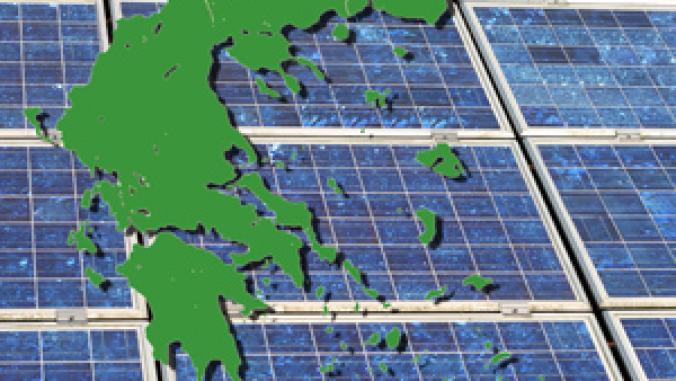Target Aims for Greater Energy Efficiency
<p>To accelerate energy efficiency, we need to capture the imagination of individuals from college dorm rooms to corporate boardrooms across the country.</p>

Eating right, exercising regularly, flossing -- we know we should be doing these things every day but they're just not that exciting. For many businesses, energy efficiency feels the same – it's clearly a good idea, but somehow it always falls to the bottom of the corporate "to do" list.
Ho-hum as it may sound, energy efficiency packs a punch. Consulting mavens McKinsey and Co. estimate that the U.S. has the potential to reduce its annual energy consumption by 23 percent over the next 10 years through cost-effective energy efficiency measures. That would be enough -- by itself -- to meet President Obama's climate goals.
Energy efficiency is doable now, it's cost-effective, and it's too big a part of the solution to be ignored. But it is lagging. To accelerate energy efficiency, we need to capture the imagination of individuals from college dorm rooms to corporate boardrooms across the country.
Target Corporation signed onto an innovative program called Climate Corps -- a symbol of its ongoing commitment to energy efficiency and environmental sustainability. Like the Peace Corps, AmeriCorps, and Teach for America, Climate Corps energizes young people to help solve our tough challenges. 
The heart of the program is the Climate Corps intern. EDF recruits students from the country's top business schools, trains them and places them in summer internships at enrolled companies. The interns bring a laser focus to their task and build a rock-solid business case for energy efficiency.
This past summer, EDF placed interns at 23 companies, and together they found 100,000 tons in annual greenhouse gas savings and electricity savings that could power 14,000 homes -- all at a net cost savings of $54 million dollars.
Target is a good fit for the program. The company is already known for its innovative design, its commitment to communities and a longtime record of building energy efficient stores that have a low impact on the environment. With energy saving programs in place at Target stores, distribution centers and office buildings, the Climate Corps intern will have lots of opportunities to help on innovative projects to further improve the company's energy programs.
{related_content}By the end of summer, the Climate Corps intern at Target may have a compelling story to tell, like this one from technology company Advanced Micro Devices Inc. (AMD):
Neelam Bhatia, a business student from Cornell University, spent last summer at the company's building and data center in Austin, Texas. She looked into opportunities from lighting retrofits to energy management software, and even investigated a unique way to cut costs by storing energy in the form of ice at night (when prices are low) to use during the day (when prices are higher). Bhatia identified $1.3 million in energy saving opportunities, as well as several hundred thousand dollars worth of available rebates for energy projects the company undertakes.
At networking equipment company Cisco, Emily Reyna and Sarah Shapiro, both from the University of Michigan, helped spread a technology for managing energy use in the company's many data labs. Once the technology is adopted companywide, it will cut Cisco's global greenhouse gas footprint by 3 percent while saving the company $8 million per year.
Carin Dopieralski from Rice University spent her summer as a Climate Corps fellow at the Toyota Center, home of the Houston Rockets. She assessed lighting retrofits, window films, occupancy sensors and power management software, and found a suite of actions that would reduce annual energy costs by $68,000 while avoiding over 650 tons of greenhouse gas emissions each year.
Today's generational challenge is climate change, and we're thrilled to see these young superstars responding to the call.
Climate Corps is creating a movement for energy efficiency, grounded in smart economics and fueled by the talents and the enthusiasm of the tomorrow's business leaders.
Whether you're a business student or a corporate executive, it's time to move energy efficiency to the top of your list.
Gwen Ruta, vice president for Corporate Partnerships at Environmental Defense Fund, spearheads its work with leading multinational companies to develop innovative, business-based solutions to environmental challenges and to drive change through the corporate value chain.
Images courtesy of Target.





